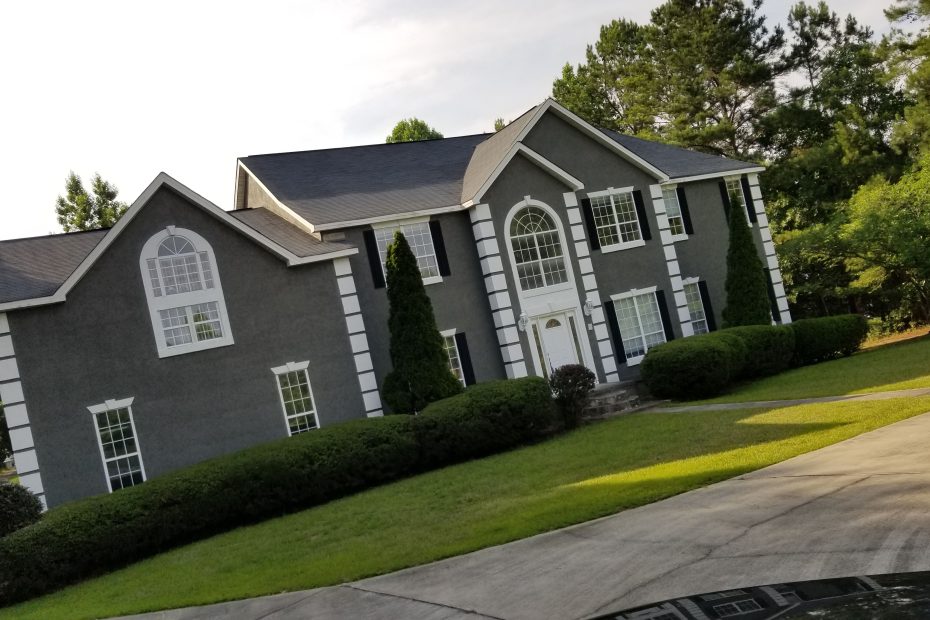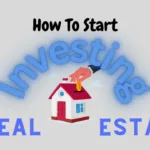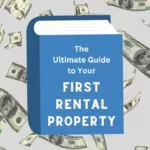Wholesaling houses is hard. There are many moving parts on the journey to the closing table. I’ve been a real estate investor for over 15 years and have seen many wholesale deals. In this article, I’ll give you the details and even show you how to make
Wholesaling houses is hard. You have to find a house, negotiate a deal at the right price, find a buyer, work out a price with the buyer, and then make it to the closing table before anyone backs out. This takes a lot of work and the right personality.
As I’ve mentioned, wholesaling houses is not easy. However, it can be lucrative and only requires a little startup capital. For these reasons, it’s a popular option and a competitive field. This article will tell you everything you need to know about wholesaling real estate and give you tips to make it easier.
What is Wholesaling
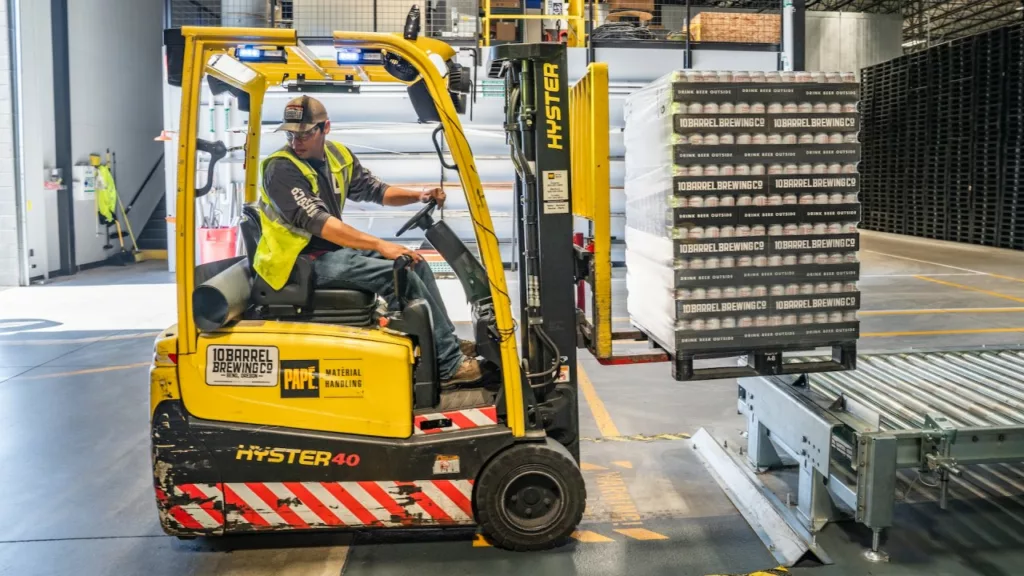
Wholesaling. It’s not buying a pallet of houses.
Real estate wholesaling is a short-term strategy that involves finding discounted properties, obtaining a contract on the property, and then selling the contract to an end buyer for a higher price. The wholesaler acts as a middleman between the seller and the end buyer, earning a profit through an assignment fee. Real estate wholesaling is a good option for those interested in real estate investing but who lack the capital or resources to invest directly in properties.
Real estate wholesaling can be lucrative for those who can find and negotiate good deals and have a network of buyers to sell the properties to. However, it also requires a good understanding of the local real estate market and legal requirements to operate successfully. Finding wholesale properties is often the great way to get involved with real estate without a lot of money.
How is Wholesaling Different than Flipping?

At first glance, wholesaling and flipping houses seem similar. They both involved a purchase and a corresponding sale in a short period.
Wholesaling involves purchasing a property at a substantially discounted price, often through distressed property owners, and then finding a buyer willing to buy the property at a slightly higher price. In this scenario, the wholesaler acts as a middleman between the seller and the buyer, earning a profit by charging a fee for their services.
Flipping, on the other hand, involves buying a property, often a distressed or run-down property, and making improvements to increase its value. The investor then sells the property at a higher price, often within a short time frame, to realize a profit.
Unlike a house flipper, a real estate wholesaler will never make improvements to the property. In the most common scenario, the wholesaler never takes the title in their name. In the rare case that their name is on the title, it only lasts a few minutes before the house is sold to the ultimate buyer.
Is Wholesaling Legal?

The laws regarding real estate are set at the state level, and some specifics are governed by the municipality. Before engaging in a wholesale deal, check the legal situation in your city.
In general, real estate wholesaling is considered legal as long as the wholesaler is not engaging in fraudulent activities or misrepresenting the property or their role in the transaction. Wholesalers must also comply with all applicable real estate laws, such as disclosure requirements and fair housing laws.
In some circles, there is a dispute concerning the absolute legality of wholesaling. Some opinions are that wholesaling is akin to acting as a real estate agent without a real estate license. After all, the real estate agent’s primary role is to find a buyer for a seller’s property. The wholesaler is performing a similar service, with the distinction being that they are only selling the contract and not the property.
7 Easy Steps for Wholesaling a House

Wholesaling houses is hard, but the steps for doing it are easy. Master these seven steps, and you are on your way to being a real estate wholesaler.
1. Understand What Buyers are Looking For
To be a successful wholesaler, you must find buyers for properties. The first step to becoming a wholesaler is understanding what the buyer pool seeks. To make a profit, the wholesaler must purchase the property below the price a buyer is willing to pay. Therefore, it is essential to know how real estate investors value the properties and what prices they are willing to pay.
To find out more about what buyers are looking for, check out these in-depth articles.
- This is how much you should pay for a rental house.
- Everything you ever wanted to know about flipping a house.
2. Find a Property
The most challenging part of real estate wholesaling is finding the properties. If a property is widely advertised, then it’s unlikely you could purchase it and sell it for a higher amount; if you could, the ultimate buyer would buy it at the lower price. Instead, you must find properties that are not advertised and in which a motivated seller has a reason to sell below market value.
3. Run the numbers
After finding the property, you will need to crunch the numbers. You must come up with a reasonably accurate cost for any needed renovations. This amount, coupled with knowledge of the local market, will lead you to the maximum price you can pay for the property and still profit when you sell. On top of this, you must know what cash buyers will pay for the property. Once you have this information, it’s time to make an offer.
4. Get a Contract to Buy
After you know the maximum you can pay, you have to negotiate the purchase. This is a complex process, and most leads will never make it past this step. If you can arrive at an acceptable price, you need to have a contract signed. A wholesaler will need a contract with a specific clause that ensures the agreement is assignable.
5. Find a Buyer
If you have done everything else correctly, finding a buyer is simple. You don’t need a long buyer’s list; you need to let investors know you have a contract for sale at a price that will allow a generous profit. You will have no trouble finding a buyer when you have contracted to purchase at a price that makes it a super deal. A simple social media post is usually all you need to find an interested buyer.
When finding potential buyers, you must look for cash buyers. A cash buyer is a real estate buyer that can close with cash or a credit line. If the buyer needs to get a loan on the property, it will take weeks, and there is a chance the lender will not approve the deal. In addition, cash buyers will need fewer inspections and a shorter due diligence period.
6. Negotiate a Deal with the Buyer
Once you have lined up a suitable buyer, you must negotiate the purchase price. The buyer is purchasing the contract that allows them to buy the house at the agreed-upon price. You are negotiating the price of that contract – this is your profit.
7. Get to Closing
Any contract sale will be contingent on the deal closing, so you can’t step out of it now. When involved in a wholesale real estate transaction, the wholesaler needs to stay involved until the closing is complete.
Assignment
If this is a simple assignment, the buyer will show up at the close and complete the purchase. When funds are disbursed from escrow, a check will be cut to you for your wholesale fee.
Double Closing
In some cases, the close will be a double closing. With a double closing, the wholesaler will close first and take the title. Immediately afterward, the end buyer will purchase the property from the wholesaler. When funds are disbursed, the seller is paid with the buyer’s contribution, and the wholesaler takes the difference.
How Much Money Do You Need To Start Wholesaling Real Estate?
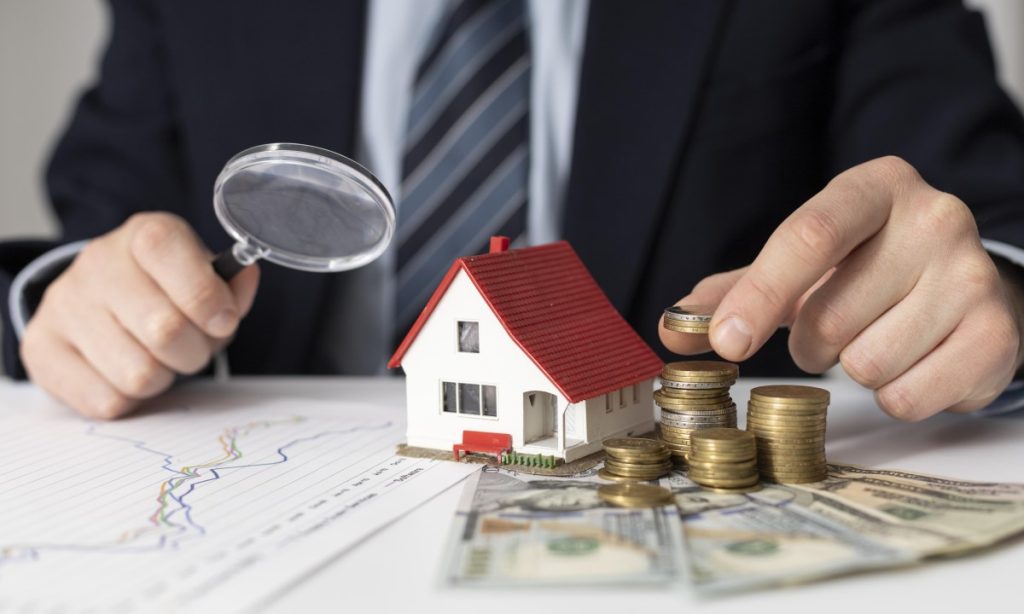
The amount of money needed to start wholesaling real estate can vary depending on several factors, including the market you are operating in, the type of properties you are targeting, and your overall business strategy. In general, wholesaling can be a relatively low-cost way to get started in real estate investing, as it typically does not require large amounts of capital or extensive renovations. However, some costs are associated with wholesaling, including marketing expenses, legal fees, and potentially the costs of forming a business entity.
Unlike real estate agents, a wholesaler will not need to take courses or pass exams. Wholesaling houses is difficult, but it can be the best way to get into real estate with very little money.
Ethics When Wholesaling
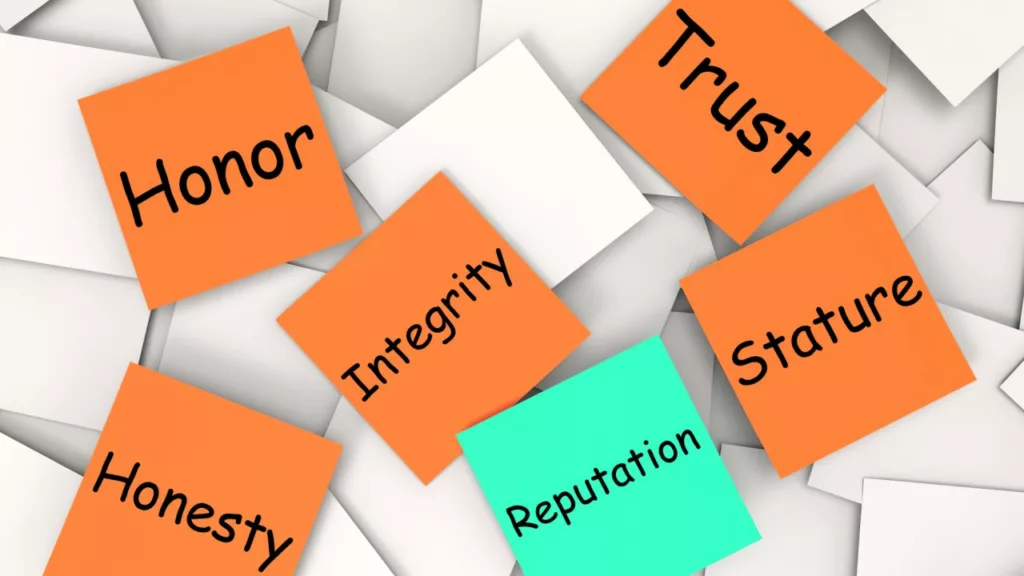
Wholesalers have a terrible reputation. Many wholesalers lead the seller to believe they are buying the house when they don’t have the means to do that. In addition, when marketing to buyers, wholesalers often minimize the repair costs and inflate the property value. Most often, this results in an inability to close the deal, leaving a distressed seller with a house they thought they had sold.
An unethical wholesaler may make a short-term profit, but they won’t last over the long term. Buyers want to avoid dealing with wholesalers that misrepresent deals and upset the sellers. In addition, when the wholesaler tries to hide the details, it makes everything more complicated and more likely to fall apart. Follow the tips below to be an ethical wholesaler.
Be Transparent
When working with both the seller and the buyer, you must be transparent about your role in the transaction, the fees that will be charged, and any potential risks involved. If you don’t intend to close on the property personally, be sure the seller knows the deal is contingent on finding a buyer for the contract.
Follow the Laws
Ensure you are aware of all state and federal laws and regulations that apply to wholesaling, and ensure that you comply with them.
Don’t Misrepresent the Property
Be honest and upfront about the condition of the property and any potential issues that may affect the buyer’s decision. If you want to make claims about the property value, be sure it aligns with common online sources; if it doesn’t explain why the online source is wrong.
Communicate
Maintain open and honest communication with the seller and buyer throughout the transaction to ensure that everyone is aware of any changes or issues.
By following these guidelines, you can establish yourself as an ethical wholesaler in the real estate industry and build a reputation for integrity and professionalism.
How to Make Wholesaling Houses Easier?

1. Knowledge
Learn the market you are targeting. Ensure you know the actual property values and the average time on the market for listed properties. In addition, understand what the buyers are looking for before approaching a seller.
2. Seller Interaction
Be transparent with the seller. Don’t imply you are buying the property when you know you can only assign the purchase contract. You don’t want to hide the buyers from the sellers; this can only lead to problems.
3. Buyer Interaction
Be upfront with the buyers. Don’t exaggerate the property value, minimize the repair costs, or claim the profit margin is acceptable. Make sure everything is in line before you sign the contract with the seller, and then marketing the property is simple. When buyers know you only bring a great deal, they are more likely to work with you.
Biggest Mistake Wholesalers Make
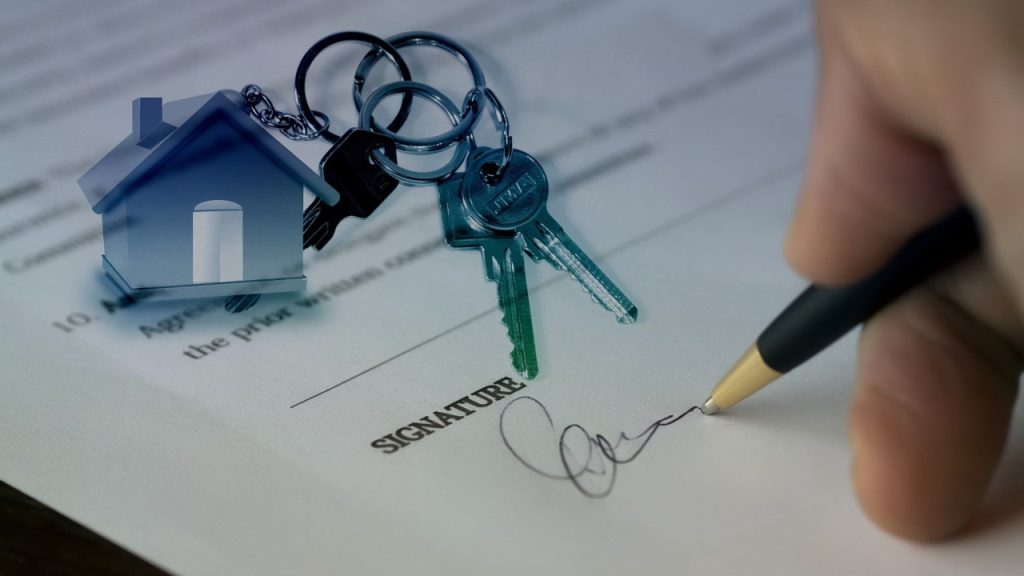
The biggest mistake that wholesalers make is:
Get them to sign on the line that is dotted.
This means they are only focused on getting the seller to sign a contract that they can market. A wholesaler will often agree to a price that is too high rather than lose the contract altogether. Their thought is: “maybe I can assign it, and if I can’t, it’s no worse than never getting the contract.”
This doesn’t work. If the contract gets assigned, the buyer will eventually be disappointed, and the wholesaler will have a bad reputation. Most of the time, it never gets assigned, and the house doesn’t sell, which upsets the seller and may lead to lost earnest money.
Don’t be the waste-of-time wholesaler, blasting out overpriced deals and hiding the address because you’ve misled the seller.
Conclusion
Wholesaling houses is hard work! Real estate wholesaling is an investment strategy where an investor finds undervalued or distressed, off-market properties. The investor then contracts with the seller to control the property for a period of time before assigning or selling their rights to purchase the property to another buyer at a higher price. The wholesaler earns a fee for their services, which is often a flat fee paid when the closing occurs.
Real estate wholesaling can be a quick and low-risk way for investors to make money in real estate. However, wholesalers need to understand the specific regulations and laws that apply to this strategy in their state to avoid any legal issues or potential fines. Being an ethical wholesaler in the real estate industry involves following certain principles and practices to ensure that all parties are treated fairly and transparently. But never forget, life can be challenging when wholesaling houses.
